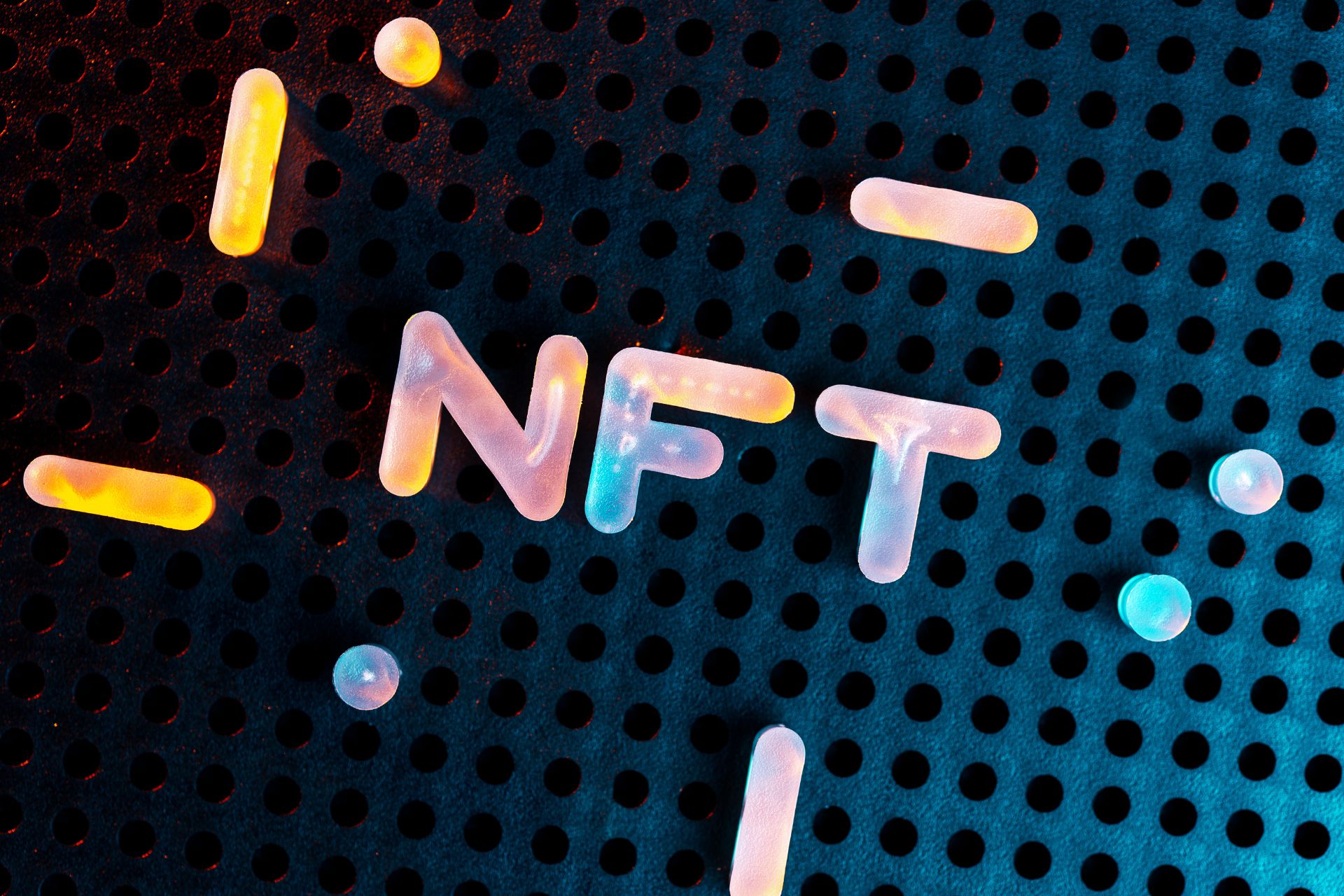Meta, the parent company of Facebook, is currently grappling with a significant ruling from the Irish Data Protection Commission (DPC) that carries profound implications for data protection and privacy in Europe. This ruling involves a substantial fine of €1.2 billion and the suspension of European personal data transfers to the United States due to concerns over US surveillance laws. While Meta intends to appeal the decision, it also hopes for a new data transfer agreement between the EU and the US. In this article, we will delve into the details of the case and explore Meta’s future in Europe.
The Irish DPC’s Decision Against Meta
After enduring a decade-long legal battle with three separate court proceedings and incurring millions of euros in legal expenses, the case against Meta has reached a pivotal moment. In 2013, the DPC initially dismissed the complaint as frivolous, prompting Max Schrems, the founder of NOYB – European Center for Digital Rights, to escalate the matter to the Court of Justice of the European Union (CJEU). Subsequently, the DPC claimed it lacked the authority to take action because Meta used “Standard Contractual Clauses.” However, the CJEU rejected this argument, instructing the DPC to proceed with enforcement. In January 2023, the DPC imposed a €390 million fine on Meta for violating GDPR regulations related to its Facebook and Instagram services. Nevertheless, the European Data Protection Board (EDPB) and other European Supervisory Authorities considered the fine to be inadequate, leading to a reassessment of the situation.
The accumulated legal costs for the proceedings have exceeded €10 million, and the Irish state will bear the burden of the fine itself.
The Irish DPC’s Decision Against Meta
In a groundbreaking decision against Meta, the Irish DPC has ordered the company to cease transferring European personal data to the United States due to concerns about US surveillance laws. The EDPB has supported this decision, emphasising the need for a substantial fine and the repatriation of previously transferred data to EU data centres.
Significant Fine: Meta faces a substantial financial setback with a formidable fine of €1.2 billion. This serves as a severe blow to the company, highlighting its failure to implement adequate measures following the rulings of the CJEU and EDPB.
Data Repatriation: In addition to the fine, Meta is obligated to bring back all personal data it possesses to its data centres in the EU. This requirement underscores the importance of safeguarding EU citizens’ data within EU jurisdiction and emphasises Meta’s responsibility to comply with EU data protection regulations.
Meta’s Appeal
Following the suspension order, Meta wasted no time in addressing the situation through a blog post and announcing its plans to appeal. In their statement, Meta shifted the focus towards the clash between EU and US law, arguing that the issue arises from the complexities surrounding international legal frameworks.
Future Data Transfers
Regarding future data transfers, Meta is pinning its hopes on a new EU-US data transfer agreement. However, it is crucial to note that a new agreement cannot rectify past violations of the law. Furthermore, the proposed agreement has faced criticism from the European Parliament and may be invalidated by the CJEU, similar to the previous agreements (“Privacy Shield” and “Safe Harbor”). Max Schrems believes the chances of the new agreement surviving judicial scrutiny are slim. Unless US surveillance laws undergo changes, Meta will likely need to store EU data within the EU.
What Lies Ahead for Meta in Europe?
Immediate changes are unlikely to occur. The recent decision allows for a transition period of approximately six months before Meta must suspend data flows. During this period, the service will continue to operate as usual. As Meta has expressed its intention to appeal the decision, it may seek to delay implementation while presenting its arguments in court.
It remains uncertain whether the new transatlantic data transfer agreement will be ready before the end of the six-month transition period. Meta could potentially avoid suspending EU-US data flows during this period if the adoption of a new agreement provides an alternative solution to maintain its service in the EU. However, it is highly unlikely that such a deal would have a retroactive effect, meaning the requirements outlined in the decision would still stand.
Furthermore, considering the anticipated legal challenges to the new transatlantic data transfer agreement, Meta and other US tech giants relying on data transfers to the US may face similar obstacles in the future.




